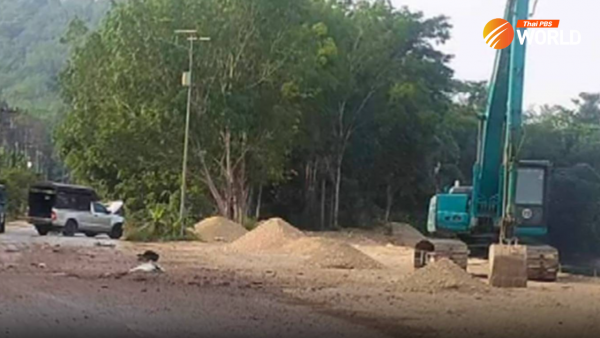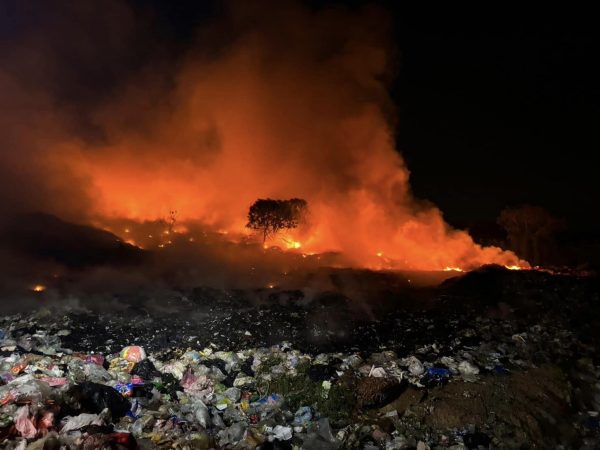Get past school uniforms, reframe the purpose of education

The conversation over whether school uniform and hair rules in Thailand should be repealed has come and gone many times. As the arguments and counterarguments are explained, we seem to forget to discuss the purpose and real goals of education. A teacher activist invites us to ask what kind of education we want for our children.
The rules vs the purpose of education
School rules have always been an integral part of formative education, but we should ask whether some of the controls they exert actually make children focus more on study. Classic examples, and perhaps the easiest to enforce, are the rules covering hair and the attire.
“But, are there any other choices? For example, instead of using authority to control or command children to be silent, the Humanist approach suggests that, if teachers see children’s worth, learn to listen to them, care about their feelings, trust them and give them space to think. This will motivate [children] to learn…” says Autthapon Prapasanobol, an education activist who has been involved in the Thai education system for almost 9 years. He is a former teacher in a public school, a member of the “Teachers Want to Teach” group and is now an MA student in Education in Taiwan himself.
He suggests that, as the rules are seen as required to fulfil the purpose of what we think the basic education of children should be, but we should reframe the issue. First, what do we believe schools are and what should be their purpose? Second, what approaches can we use to get there? Once we settle on our purposes, the importance, or lack thereof, of rules on uniforms and hair will be revealed.
“[While re-constructionists would say that], if you think of education as a foundation for students to think…and you build a school that does not allow kids to talk or question, can you motivate them to learn? Can you put them in the mood to learn?” he asked.
Education and Politics
When asked whether he thinks Thailand’s politics in the past few years have, in any way, influenced movements in education, Autthapon said education and political movements are inseparable, but and he cannot not tell whether the politics happen before the movements or vice versa. One obvious thing is, however, that movements create a space for discussion and reveal the injustices or oppressions people have suffered at school over the decades.
He commented that, by assuming that students, or anyone participating in education movements, are manipulated by political polarisation, one ignores the lived experiences, pain and oppression that those people have been suffering throughout their lives. The increasing number of education reform movements are proof positive that these pains have been repressed for too long and have now exploded.
As there was no space for people to discuss this in the past, now that there is, they have become movements on the street – and these are finally providing an education for the Thai education system itself.
By Atikan Kulsakdinun






